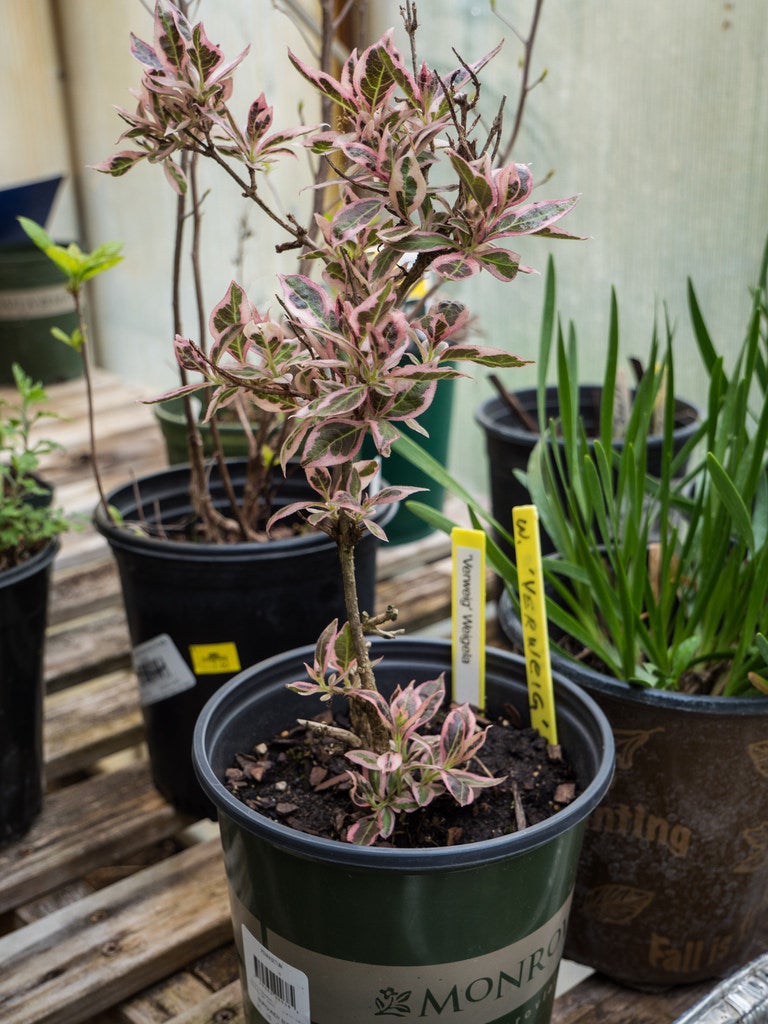Plant Patents And Propagation – Is It Okay To Propagate Patented Plants


Sign up for the Gardening Know How newsletter today and receive a free copy of our e-book "How to Grow Delicious Tomatoes".
You are now subscribed
Your newsletter sign-up was successful
Those who develop unique plant cultivars spend quite a bit of time and money doing so. Since many plants can be cloned through cuttings, it isn’t easy for those plant developers to protect their products. One way for plant breeders to protect their new cultivars is to patent them. You are not allowed to propagate patented plants without the permission of the patent holder. For more information on plant patents and propagation, including tips on how to avoid violating plant patents, read on.
What are Patented Plants?
A patent is a legal document that gives you the right to stop other people from making, using, or selling your invention without your consent. Everyone knows that computer designers and automobile manufacturers get patents on their inventions. Plant breeders can get these patents too.
What are patented plants? They are unique plants developed by breeders. The plant breeders applied for and were given patent protection. In this country, plant patents last for 20 years. After that, the plant can be grown by anybody.
Plant Patents and Propagation
Most plants propagate with seeds in the wild. Propagation by seed requires that pollen from male flowers fertilize female flowers. The resulting plant may not look like either parent plant. On the other hand, many plants can be propagated by rooting cuttings. The resulting plants are identical to the parent plant.
Plants that have been specially engineered by breeders must be propagated by asexual methods like with cuttings. It is the only way you can be certain that the new plant will look like the cultivar. That is why plant patents are based on permission to propagate patented plants.
Can I Propagate All Plants?
If you buy a plant, it’s easy to think that it’s yours to propagate. Many times, it is perfectly fine to take cuttings and create baby plants from purchased plants.
That being said, you cannot propagate patented plants without the inventor’s permission. Violating plant patents is against the law and a form of stealing. You’ll want to learn how to avoid violating plant patents if you buy patented plants.
Sign up for the Gardening Know How newsletter today and receive a free copy of our e-book "How to Grow Delicious Tomatoes".
How to Avoid Violating Plant Patents
Avoiding plant patent violations is harder than it sounds. While it’s easy to understand that rooting cuttings from patented plants without permission is illegal, that’s just the beginning.
It is a violation of a plant patent if you propagate the plant in any asexual way. That includes rooting cuttings from a patented plant, but it also includes planting the “daughters” of a patented strawberry mother plant in your garden. Seeds can also be protected by patents. The Plant Variety Protection Act of 1970 allows patent protection for unique seed varieties that have not been sold in the country for more than a year.
So what’s a gardener to do and how does one know if the plant is patent protected? Check the label or container the plant is in. Patented plants should bear a trademark (™) or patent number. You may even see something that says PPAF (Plant Patent Applied For). Also, it may specifically state “propagation strictly prohibited” or “asexual propagation prohibited.”
Simply put, plants can be expensive and propagating them is a great way to have more of your favorites without the added cost. While it is a good idea to seek permission beforehand, in most cases, though technically illegal, the plant police will not show up on your doorstep for propagating your own plants for personal use. That’s the key point…you CANNOT sell them. If you intend on selling patented plants, think again. You can and will be prosecuted fully.

Teo Spengler is a master gardener and a docent at the San Francisco Botanical Garden, where she hosts public tours. She has studied horticulture and written about nature, trees, plants, and gardening for more than two decades, following a career as an attorney and legal writer. Her extended family includes some 30 houseplants and hundreds of outdoor plants, including 250 trees, which are her main passion. Spengler currently splits her life between San Francisco and the French Basque Country, though she was raised in Alaska, giving her experience of gardening in a range of climates.